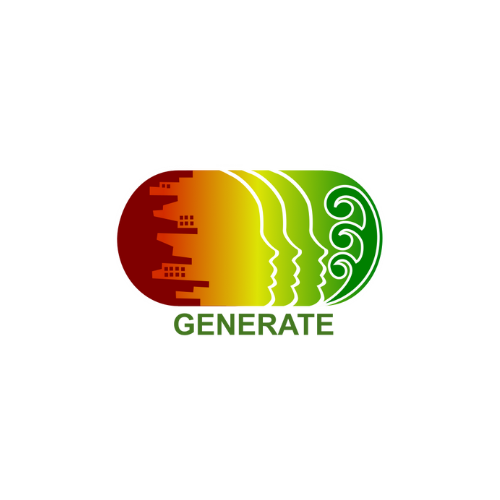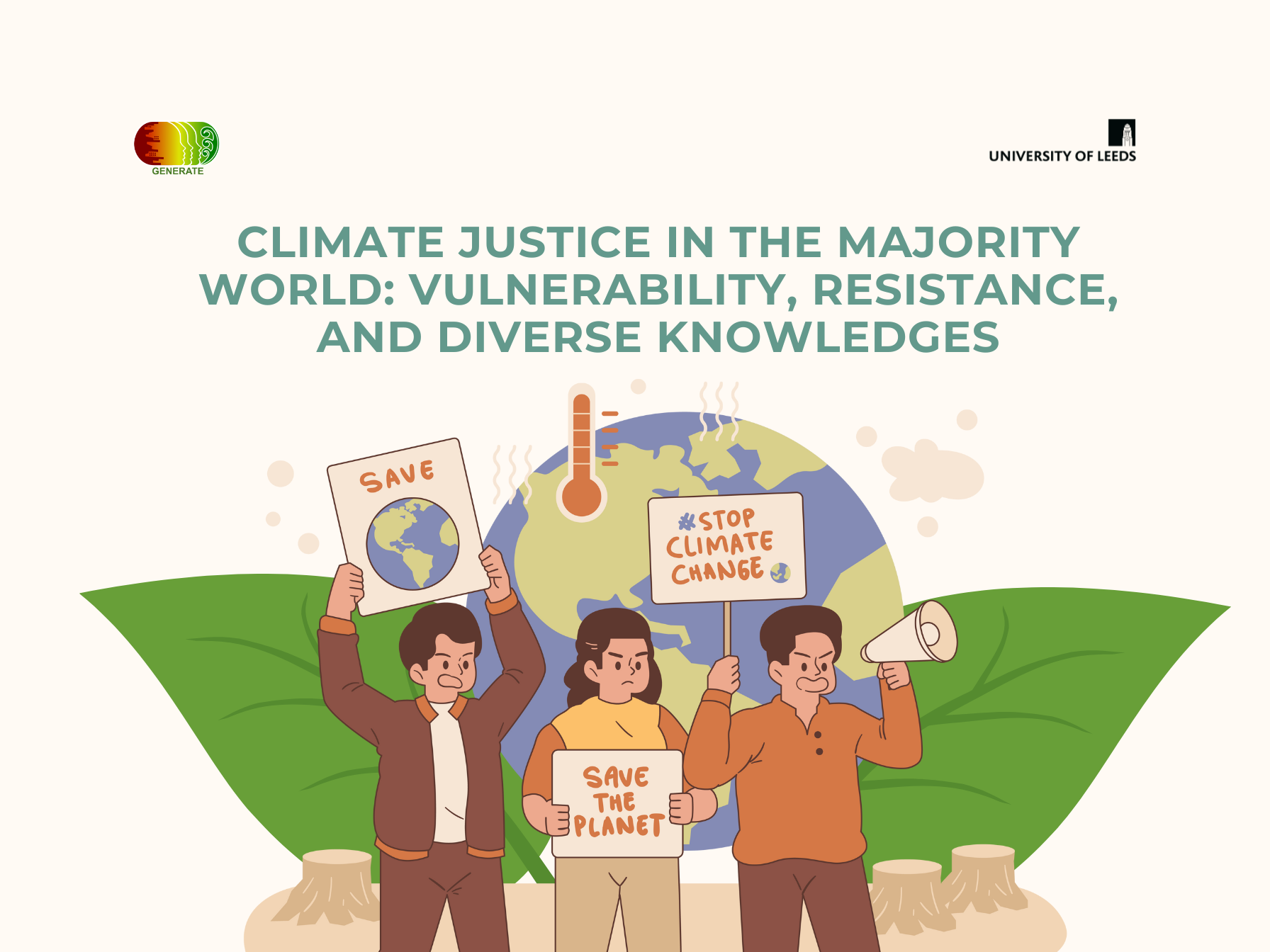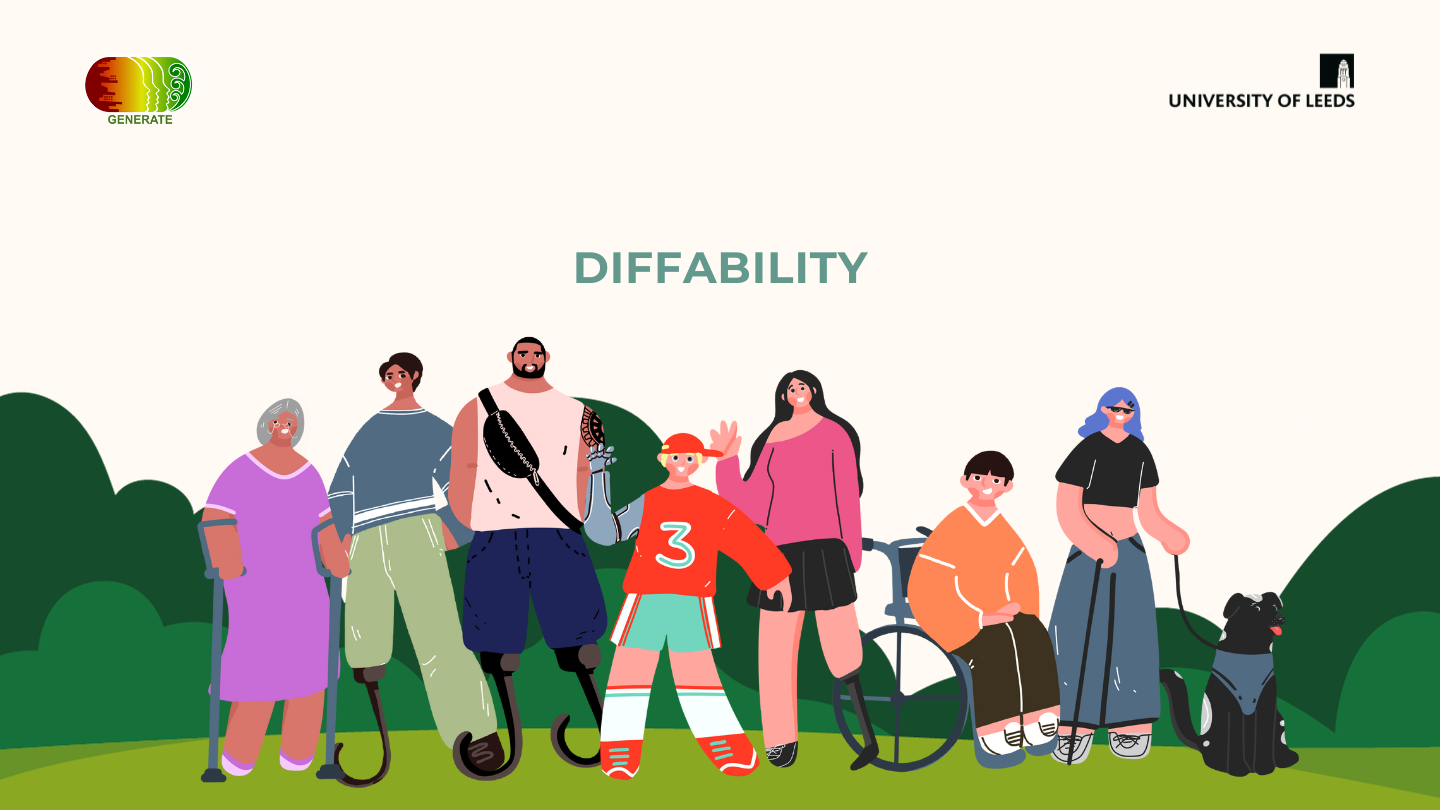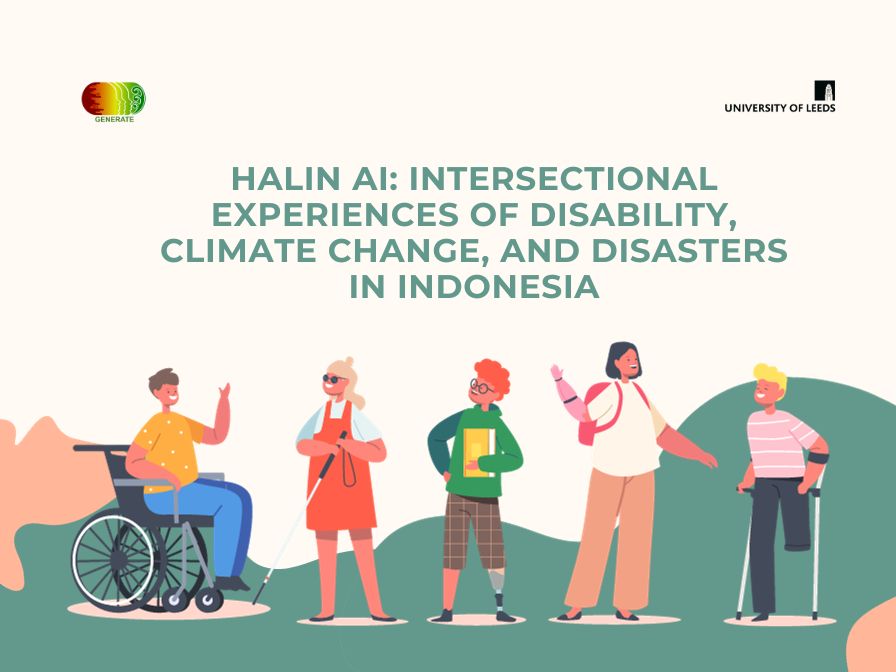
GENERATE held the inaugural meeting of the Indonesian National Steering Committee (NSC) in October 2021 which was attended by policy makers, academics and activists who share an interest in about the urgent intersecting issues of gender justice and climate change. We have wonderfully rich discussion that touch upon some important issues from environmental problem in the cities such as the declining of groundwater and how it affected women’s live, women’s activism in the city as well as how religion hold important roles in the society including within the discussion of climate change. Due to the ongoing COVID-19 situation, the inaugural GENERATE meeting this time was held online through Zoom.
This meeting officially welcomed the Indonesian National Steering Committee (NSC) to the GENERATE project and provided an opportunity for all members to meet and get to know each other. The event started with the introduction of the GENERATE team and was followed by a presentation by Dr Katie McQuaid, the Principal Investigator of GENERATE. This introduced the project, our creative methods and objectives for better understanding and implementing inclusive approaches to gender and climate justice in Indonesia and Uganda. On this occasion- Discussion then focused on selecting three secondary cities in which to conduct fieldwork. Dr. Pirmasari will spend nine months on fieldwork in Indonesia in 2022. Committee members were invited to share their knowledge and advice regarding suitable sites for investigation, and to help the GENERATE team identify the most pressing local and national socio-economic challenges to include within our research.
GENERATE is very lucky to have Diah Pitaloka, Member of the House of Representatives from Commission VIII whose work covers religious, social and women’s empowerment affairs. We also have Luluk Nurhamidah, Member of the House of Representatives from Commission IV who explicitly said GENERATE as an extraordinary project and she hopes that this research will really have a positive impact on those who are often directly affected, such as farmers and fishermen.
In the meeting, Puspa Dewy from Walhi touched on the demographic issue where it is estimated that by 2025 around 65% of Indonesia’s population will live in urban areas. She highlighted how this will result in massive exploitation of groundwater and cause the land surface to fall. According to Dewy, this has an impact on women in particular, and a water crisis will affect women’s reproductive and sexual health. Dewy also mentioned religious issues that need to be taken into consideration, an important point that was also agreed upon by Dewi Candraningrum and Maghfiroh Malik. Maghfiroh quoted a number of interesting poll results which stated that young people now trust religious leaders and the government more than scientists to discuss the issue of climate change
GENERATE Indonesian National Steering Committee expressed their expectation to the project. Margareth Aritonang hopes that this research can be a source of information and present findings that have never appeared before, especially regarding a number of marginal groups that are often forgotten. Luluk expected GENERATE can have a sustainable impact in the society, while Magfiroh said “ I really want this research to be a reference, especially for our, movement in grass root level and also because our organisation is also based on religion.”.She expected GENERATE project can be a sources for various groups to understand climate change and its impact in the society, so it can helps others grassroots organisation to develop some initiative to tackle the climate related issues in the society.
The following is a provisional list of the Indonesian National Steering Committee:
- Prof. Winarni Monoarfa (Expert Staff Minister of Environment and Forestry)
- Luluk Nurhamidah MP (DPR RI-Commission IV)
- Diah Pitaloka MP (DPR RI-Commission VIII)
- Andy Yentriyani (Chairperson Komnas Perempuan)
- Dr Dewi Candraningrum (Founder of Jejer Wadon & Lecturer at Universitas Muhammadiyah Surakarta)
- Dr Vina Adriany (Head, Centre for Gender and Childhood Studies at Universitas Pendidikan Indonesia)
- Prof. Aquarini Priyatna (Dean of the Faculty of Cultural Sciences Universitas Padjadjaran)
- Dr Titiek Kartika (Lecturer at Universitas Bengkulu and researcher at SDGs Center Universitas Bengkulu.
- Margareth Aritonang (Alliance of Independent Journalist-AJI)
- Magfiroh Malik (Climate Change and Disaster Management Institution of Nahdlatul Ulama/Fahmina Institute/Redaktur Mubadalah.id)
- Puspa Dewy (The Indonesian Forum for Environment/WALHI)
- Jakob Siringoringo (Aliansi Masyarakat Adat Nusantara-AMAN)
Banjarmasin, Yogyakarta and Mataram are GENERATE Three cities in Indonesia
65% of Indonesians are expected to live in urban areas by 2025 (BAPPENAS). Indonesia is an archipelagic country consisting of 416 districts and 98 cities spread from Sabang to Merauke. The GENERATE project will investigate the everyday lives and challenges of those living in secondary cities in Indonesia. Much research and funding in the field of urban climate change has been focused on capital and mega-cities, therefore GENERATE aims to focus on traditionally neglected smaller urban settings.
During the inaugural meeting of GENERATE’s Indonesia National Steering Committee in October 2021, we discussed potential cities for our research fieldwork. After careful consideration of existing research and the advice and expertise of our Steering Committee members, we have decided the cities that will be the destination of GENERATE’s field research which we will carry out in 2022.
The first city is from the island of Kalimantan: Banjarmasin in South Kalimantan. Kalimantan is the third largest island in the world. The city of Banjarmasin has a population of around 700,000 people and is known as the city of 1000 rivers. Thus rivers has been the hearts of the city’s economy activities as well as people’s life. The city of Banjarmasin is situated below sea level and flood occurs in the city on a regular basis. In 2021, Banjarmasin and some other cities in the province hit by massive floods that inundated almost 25,000 houses.
Kalimantan island was once covered by rainforest and known as the lungs of Southeast Asia. However, today the forests of Kalimantan are rapidly being converted to industrial palm oil plantation and mining particularly coal.
The second city is Mataram in West Nusa Tenggara, Lombok Island. The city has a population of nearly 500,000 inhabitants. Mataram was chosen because of its position on the island of Lombok, which is relatively small when compared to the other two islands, namely Kalimantan and Java. Discussions on climate change often mention how small islands are the ones most affected. On the other hand, considering that Indonesia is known as an archipelagic country, it is necessary to have representation from a relatively small island.
The last one is Yogyakarta, a city situated in the most densely populated island in Indonesia. Yogyakarta has a population of just below 400,000 inhabitants and the city is having high risk for water supply shortage, prone to flooding, landslides and earthquake. Yogyakarta is home to one of the most active volcano on earth mount Merapi.
In addition to these three cities, GENERATE is also conducting digital ethnographic research in a number of other areas, namely, Jakarta, Yogyakarta, Bali and Surabaya.
From the Judges:
I felt humbled and blessed to be the national jury of GENERATE Leeds University on cities, gender, and climate change along with other two experienced and outstanding artists Ika Vantiani and Kartika Jahja. All of the artworks that were created are amazingly beautiful and leaves an invaluable impact on us as the juries. They were not only painting/drawing, song, visual arts, short stories, poem, collage, even art in sustainable fashion, and other incredible submissions. Not only does this competition let us gain a thoughtful insight into the artists’ engagement but they also make sure that the voice of gender and climate crisis resonate and widely appreciated. The most important point of all is that this connects and builds deeper relationships with our current crisis. This competition has an amazing way to let us invest our passion in art by channelling it to be part of the solution instead of creating more problems dealing with our current catastrophe. The Generate committee had received more than 50 submissions. All of the artworks were not easy to evaluate. In particular, we the jury ask ourselves: How does the artist direct our eye, and where does it linger? How does the artist use colour or sound or words to create depth, attract attention, or endow certain twist with particular significance or meaning? What specific forms does the work contain, and what do we think they mean? What message is being delivered in the artwork? Whose perspective is being projected? How it communicate to the audience/viewers? And other questions to reflect such as the originality/uniqueness, aesthetic quality (design, composition, color/tones), uniqueness of writing style, concept (gender and ecology), as well as voice. Picking the shortlisted, best 15, the runner ups, and best three was by far the toughest part for us. They help us realize that we have to give the awards to what we feel as the strongest and most powerful work. It is a priceless learning process for us too. The winning artworks have help to remind us every day of the importance of being responsible stewards of Planet Earth and champion of gender & ecological justice. We appreciate for all of your submissions. We congratulate to all of the winners!
Best wishes,
Surakarta, 28 October 2021
Dewi Candraningrum



